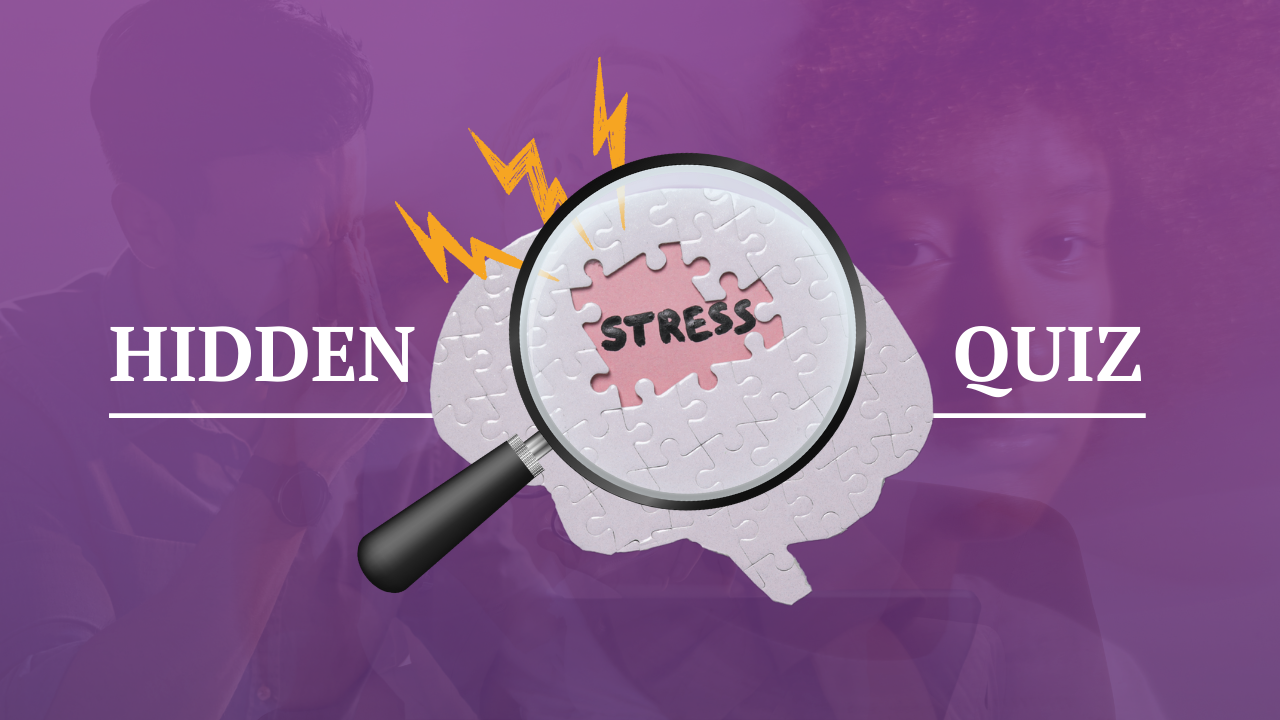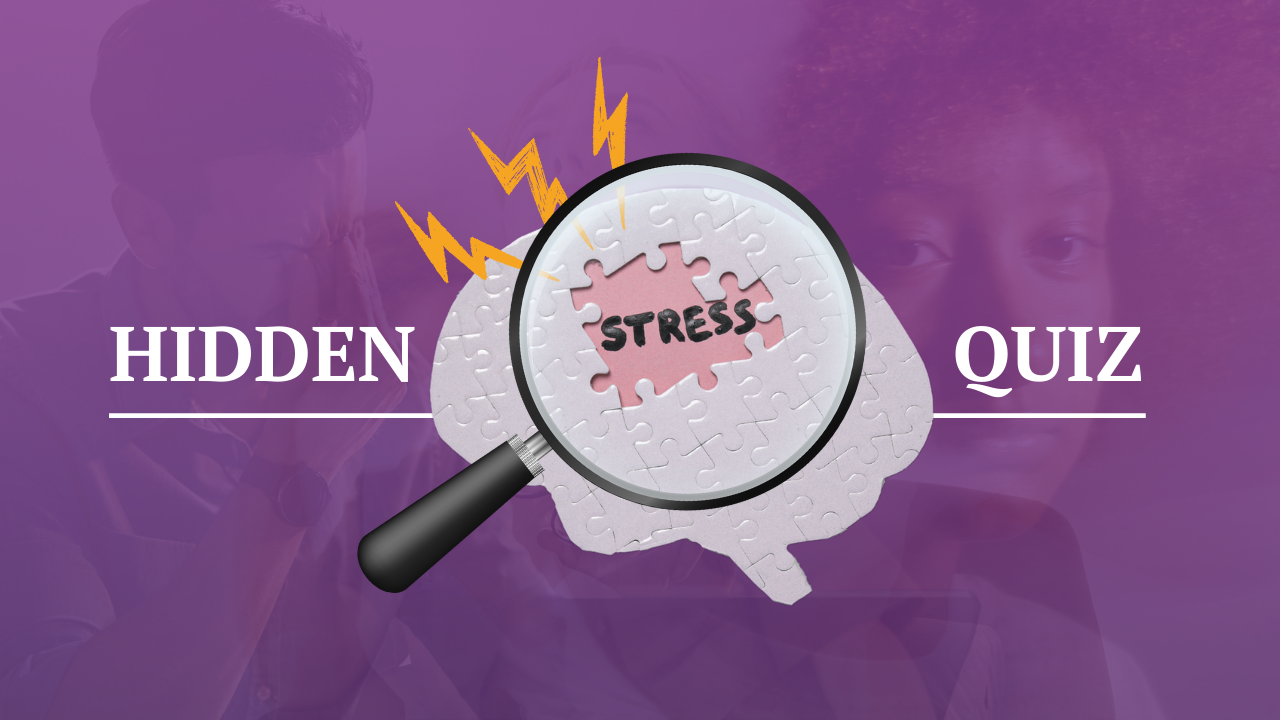What Gratitude Isn’t: Debunking the Myths That Keep Us Stuck
Nov 12, 2025
“I know I should be grateful... but I’m just so tired.”
A client whispered this to me once after a long pause in session. She’d been carrying the weight of caregiving, working two jobs, and grieving the loss of a parent—all while trying to convince herself that feeling overwhelmed meant she wasn’t “grateful enough.”
This is one of the biggest myths about gratitude: that it means pretending everything is fine.
Let’s clear something up. Gratitude is not:
-
Toxic positivity (the pressure to be happy no matter what),
-
Settling for less because “others have it worse,” or
-
Guilt-tripping yourself into feeling thankful when you’re actually exhausted, angry, or afraid.
Gratitude isn’t a denial of hardship—it’s a way of surviving it.
When we pressure ourselves to “just be grateful,” we risk suppressing the very emotions that need tending. We bypass grief, ignore our needs, and silently punish ourselves for being human.
Real gratitude makes room for the whole experience. It can sit beside anger, walk hand-in-hand with sorrow, and still whisper, “There is good here, too.”
One caregiver I worked with began ending each day by writing two truths in her journal:
-
What was hard.
-
What helped.
Over time, this dual lens helped her stay connected to herself while still noticing beauty. She told me, “I stopped trying to be okay all the time—and that made space for joy to sneak back in.”
Try This
-
The “And” Journal: Each night, write one sentence that holds both sides of your experience. For example: “I’m tired and I’m grateful for my friend’s text.” This builds emotional flexibility and counters all-or-nothing thinking.
-
Release the “Shoulds”: Any time you catch yourself saying, “I should be grateful...,” pause. Ask instead, “What do I need right now?” Sometimes self-compassion is the gateway to genuine gratitude.
-
Debunk It Out Loud: Talk back to gratitude myths. When someone says, “At least you have a job,” you might respond, “Yes, and it’s also okay that I’m feeling burned out.”
-
Practice with Honesty: Instead of forcing gratitude for something you resent, shift focus. If “I’m grateful for my job” feels false, try “I’m grateful for the paycheck that feeds my family.” Find what’s true without pretending.
References
Wood, A. M., Froh, J. J., & Geraghty, A. W. (2010). Gratitude and well-being: A review and theoretical integration. Clinical Psychology Review, 30(7), 890–905.
Kabat-Zinn, J. (1990). Full catastrophe living: Using the wisdom of your body and mind to face stress, pain, and illness. New York: Delacorte.


